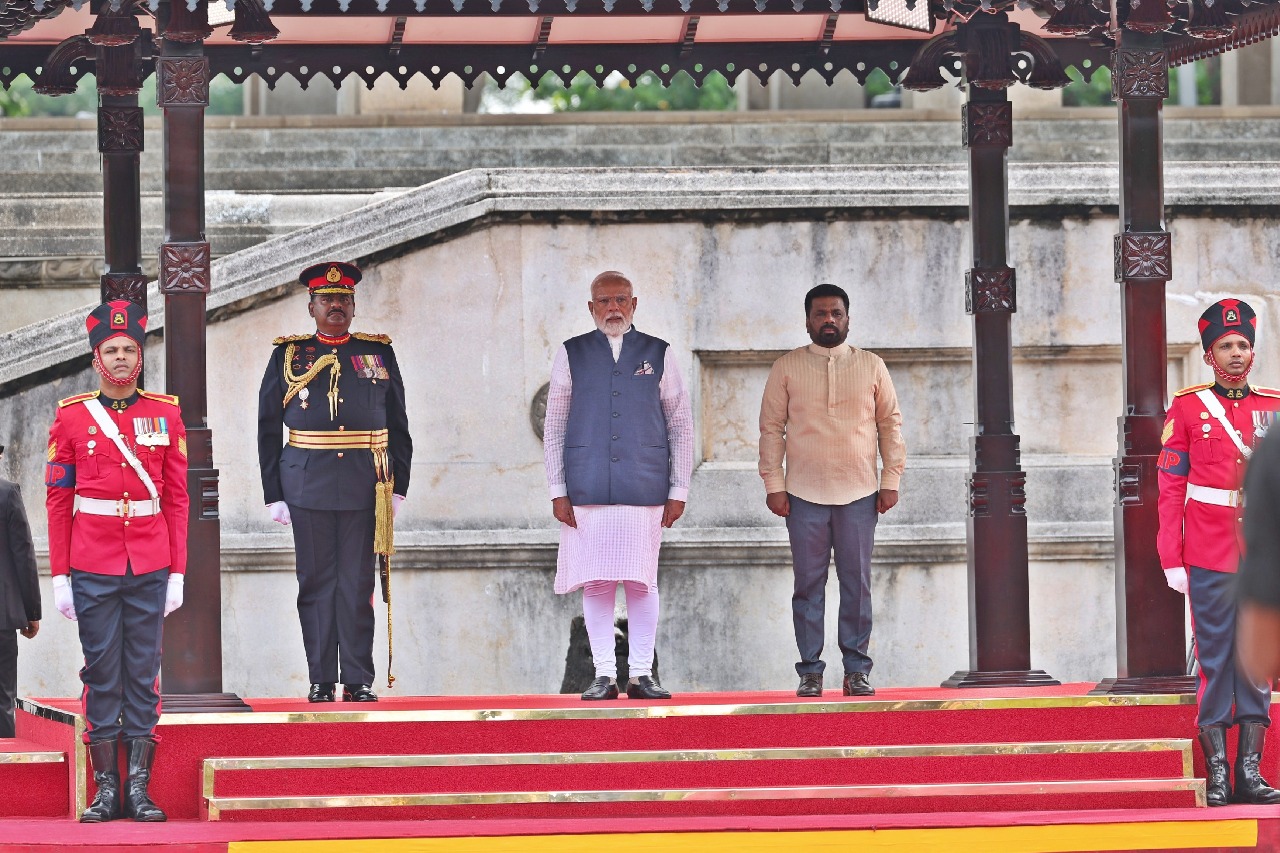Meet Telangana's 'People’s Officer': IAS officer Smita Sabharwal says merit has no gender
Sun 05 Mar 2017, 12:24:35
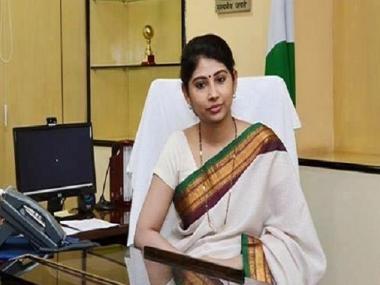
Smita Sabharwal, 40, is diminutive in appearance but brooks no nonsense. Hailing from West Bengal and an Army kid, she has 17 years of service as an IAS officer under her belt. And in these, Sabharwal has simply put her head down and worked — earning her the moniker of ‘The People’s Officer’.
Sabharwal arrived in Telangana with a brilliant academic background: All-India topper in ICSE Standard 12 in her batch and one of the youngest to have cracked the UPSC exams, securing the fourth rank in the country when she was just 22. A number of accolades and awards have come her way since, which she diligently and politely turns down.
“I have been turning them down because awards and rewards don’t excite me personally. I feel that our job is rewarding enough. There are many good institutions that want to recognise our work, but I generally turn them down. I try to keep myself away from the public’s eye. I feel it is a personal thing,” Sabharwal told Firstpost, when we spoke with her in the run-up to International Women's Day 2017.As Municipal Commissioner of Warangal in united Andhra Pradesh, Sabharwal launched a “Fund Your City” scheme, asking residents to participate in building infrastructure in the Maoist hit area. This earned her great goodwill as she built parks, foot over-bridges and traffic junctions with a public-private partnership model.
Next stop was Karimnagar, a poor and backward region of Telangana where she was posted as District Collector in 2011. Sabharwal realised that healthcare and education was in the doldrums in the district. Only 9 percent of deliveries were happening at government hospitals. Sabharwal came up with what is called the 'Amma Lalana' (mother’s nurture) scheme whereby government hospitals were cleaned up, staffed and monitored and deliveries and maternal check ups made available free of cost to poor women. Awareness campaigns were conducted to bring more women into hospitals for institutional deliveries. At the same time, Sabharwal installed computers and internet facilities in all hospitals and primary health care centres and monitored them via Skype. “Amma Lalana was a health initiative for poor women. Child birth is an unimaginable expenditure — they have to spend Rs 30,000-50,000 if they go to a private hospital. If we give good, clean facilities, people will want to come to government hospitals. That’s the motto of Amma Lalana. Childbirth should be a happy event, not a burden for extremely poor families. We improved sanitation, got good equipment and trained doctors. People responded to that positively. I am happy to say that now the entire state is adopting this model,” said Sabharwal.
Education initiatives and her accessibility to people have earned her the title of ‘People’s Officer.’ Sabharwal laughs off the epithet. “I seriously don’t know where it has come
from. It is somehow the affection I have got from people and I got this reputation on the field, where I worked in all the districts in Telangana. I was accessible to people. There is never a day that people cannot meet me. As a Collector, I met 200-300 people daily and tracked the problem until it is solved. This has built confidence in people,” she says with a smile.
from. It is somehow the affection I have got from people and I got this reputation on the field, where I worked in all the districts in Telangana. I was accessible to people. There is never a day that people cannot meet me. As a Collector, I met 200-300 people daily and tracked the problem until it is solved. This has built confidence in people,” she says with a smile.
In 2015, misogyny came to roost at Smita Sabharwal’s doorstep. As she set foot into the newly carved Telangana state Chief Minister’s Office as an additional secretary, the first woman officer to get the post in the new state, Outlook magazine wrote an article about her, describing her as “eye candy” and stating that “the junior officer” makes a “fashion statement with her lovely saris”. Sabharwal lashed out at the obvious objectification and dashed off a legal notice to the magazine. Outlook later expressed regret at the article and stated that it was not meant to be derogatory in any way.
Ask Sabharwal though about gender-related issues at the workplace and she brushes them aside. “It is completely personal how you take up the role. If you think like a woman and then think like an officer it will be like that. It depends on how we view ourselves. That is very important. As women we must first view ourselves as professionals and then comes gender into that context,” she says.
“To be honest this is an equal service (IAS), I really can’t think of any situation where I fought for being a woman. It’s always been an advantage being a woman when we hold important responsibilities like District Collectors (post). When we administer, I feel people respond to you much better. They believe that women are more sensitive and have better understanding and responsibility. For me I feel it is a personal advantage,” she added.
Probably the only regret Sabharwal has, is that she missed out on spending time with her children while they were growing up. “We generally hear this — if you want to be a good professional then you can’t be a good home-maker. We have to choose how we want our lives to be, we can’t have both,” she argues.
Her words stem from what she views as sacrifices made by women before her generation to make available some basic rights denied to them in their era. “I feel that our mothers, grandmothers struggled for many basic things like right to education, work and when to marry. Now they have put us on a very strong platform. Today it is up to us, where we have to take it forward rather than demanding basic rights and protesting, saying that the world is biased. I feel that the world is ready for us only when we think we are ready for the world. I tell my colleagues and peers — 'Competence and leadership have no gender'. If you are competent and focused, then no one looks at whether you are a man or a woman,” she signs off.
No Comments For This Post, Be first to write a Comment.
Most viewed from Hyderabad
Most viewed from World
AIMIM News
Latest Urdu News
Most Viewed
May 26, 2020
Do you think Canada-India relations will improve under New PM Mark Carney?
Latest Videos View All
Like Us
Home
About Us
Advertise With Us
All Polls
Epaper Archives
Privacy Policy
Contact Us
Download Etemaad App
© 2025 Etemaad Daily News, All Rights Reserved.

.jpg)
.jpg)
.jpg)
.jpg)
.jpg)


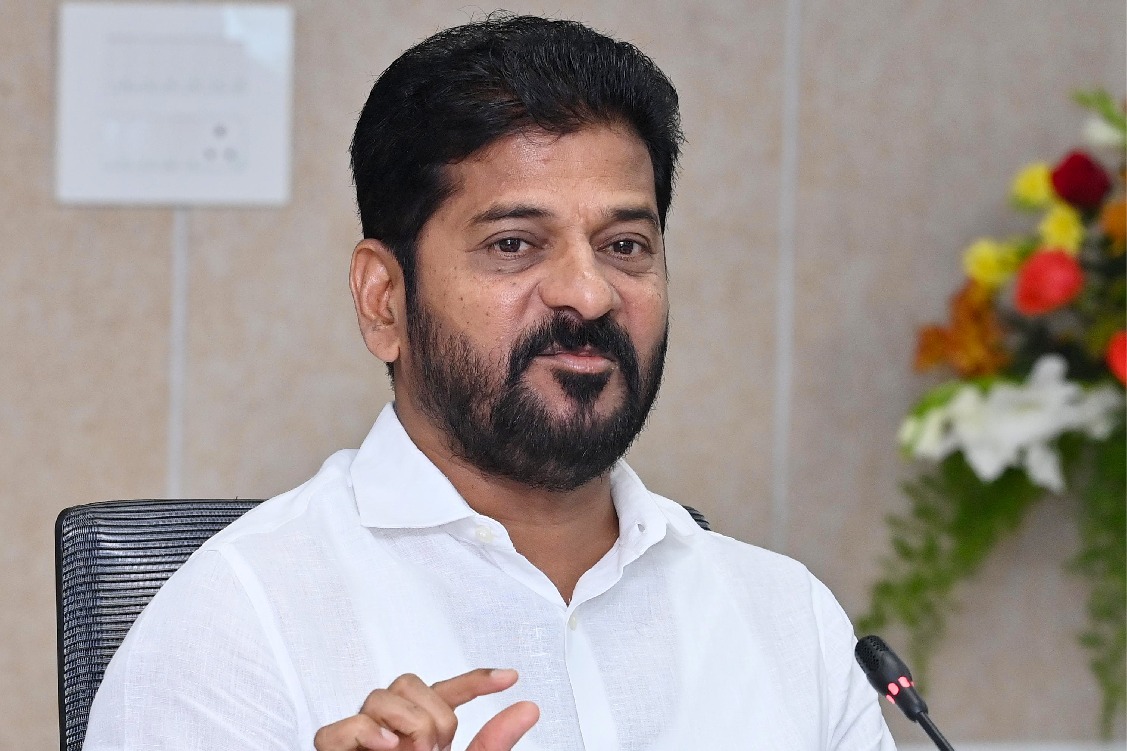



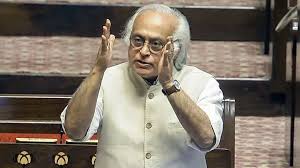
.jpg)
.jpg)
.jpg)
.jpg)
.jpg)
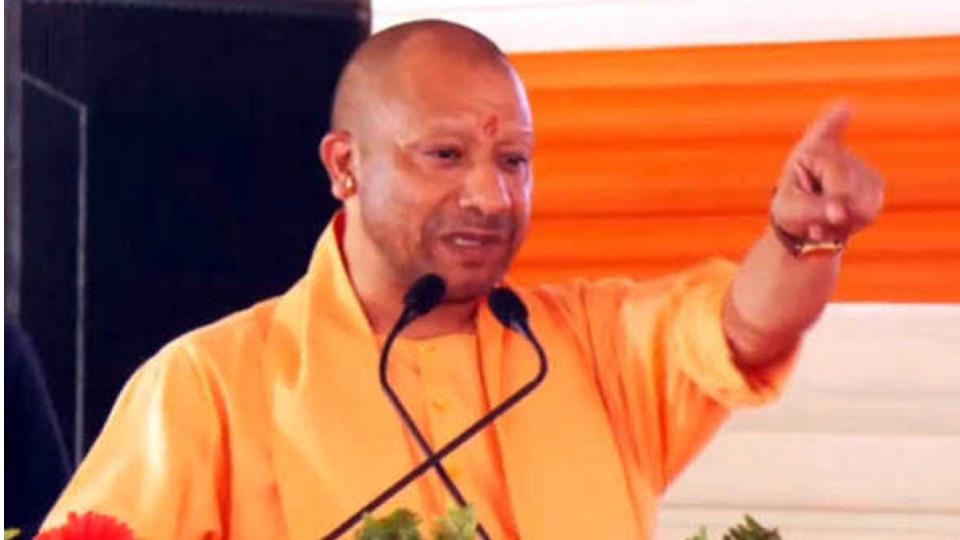
.jpg)
.jpg)
.jpg)

